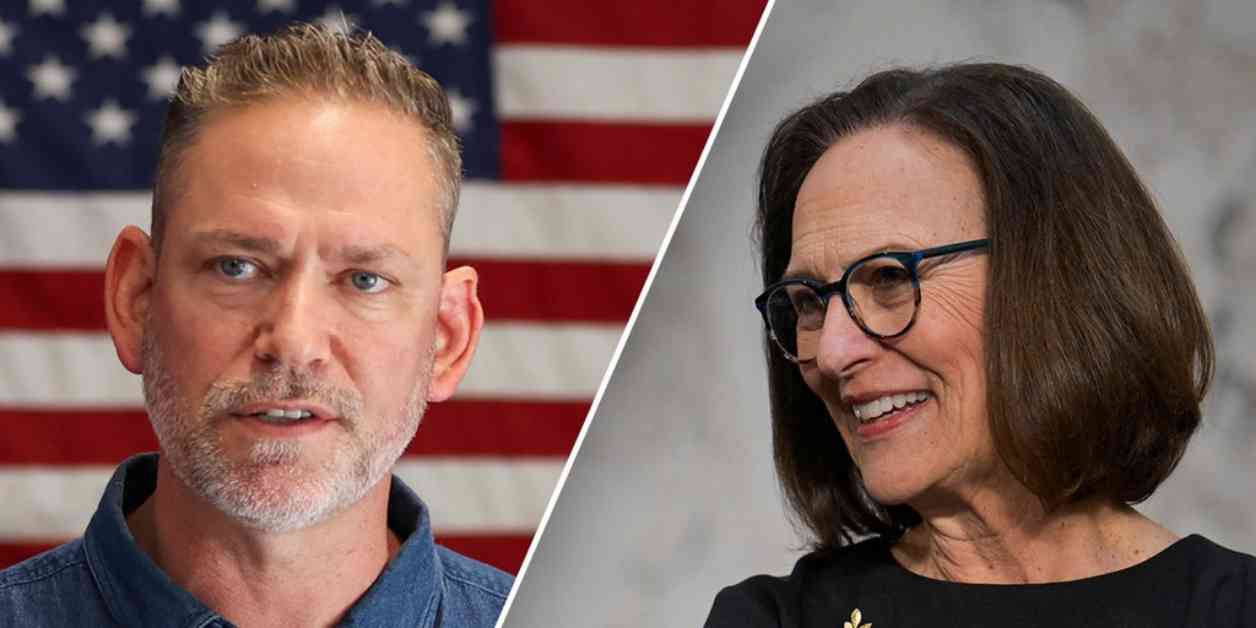Republican Senator Deb Fischer has successfully won re-election, defeating independent candidate Dan Osborn in the Nebraska Senate race. Osborn, a union leader and mechanic, ran against Fischer, accusing her of prioritizing lobbyist interests over the needs of Nebraskans. The absence of a Democratic candidate in the race made it a showdown between Fischer and Osborn.
Fischer, who has been serving as a senator since 2012, secured her third term in the upper chamber with this victory. On the other hand, Osborn’s campaign focused on supporting veterans, workers, legalizing marijuana, opposing federal limits on abortion, and advocating for “reasonable gun safety measures” while supporting the Second Amendment.
Despite initial concerns for Republicans due to Osborn’s late warnings, top election analysts like the Cook Political Report and Sabato’s Crystal Ball at the University of Virginia Center for Politics shifted their ratings of the race to “Likely Republican.” This adjustment reflected a competitive race, similar to that of Senator Rick Scott in Florida.
However, Osborn’s candidacy faced controversy regarding financial support from outside super PACs linked to the Sixteen Thirty Fund, a dark money group associated with left-wing political consulting firm Arabella Advisers. The fund, which has received significant funding from billionaire George Soros’ Open Society Foundations, does not disclose its donors. Additionally, one of the PACs supporting Osborn received backing from Democratic megadonor Reid Hoffman, co-founder of LinkedIn.
Osborn had promised to form an Independent caucus if elected, deviating from the tradition of independents caucusing with Democrats in the Senate. Fischer’s victory not only secured her seat but also prevented any potential threats to Republicans regaining the Senate majority in the upcoming term.
Overall, the Nebraska Senate race showcased a mix of campaign strategies, financial controversies, and shifting political dynamics. Fischer’s win solidifies her position in the Senate, while Osborn’s challenge highlighted the complexities of independent candidacies in a predominantly two-party system. As the political landscape continues to evolve, the implications of this race on future elections and Senate dynamics remain to be seen.





















